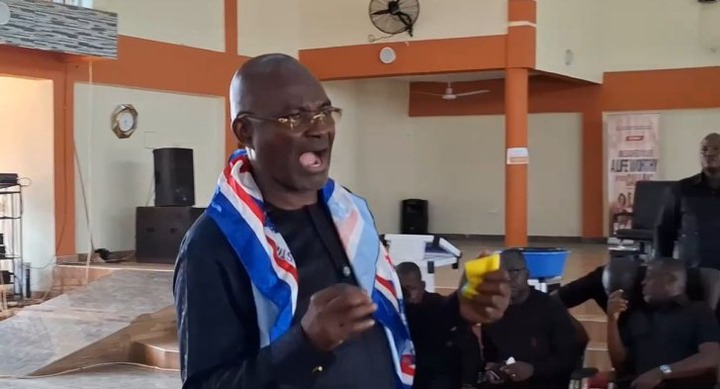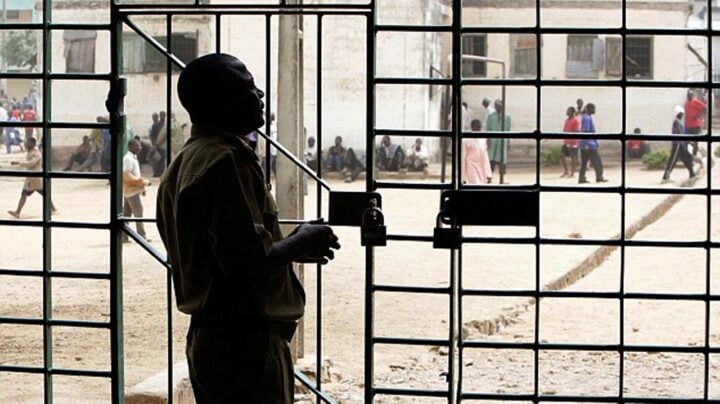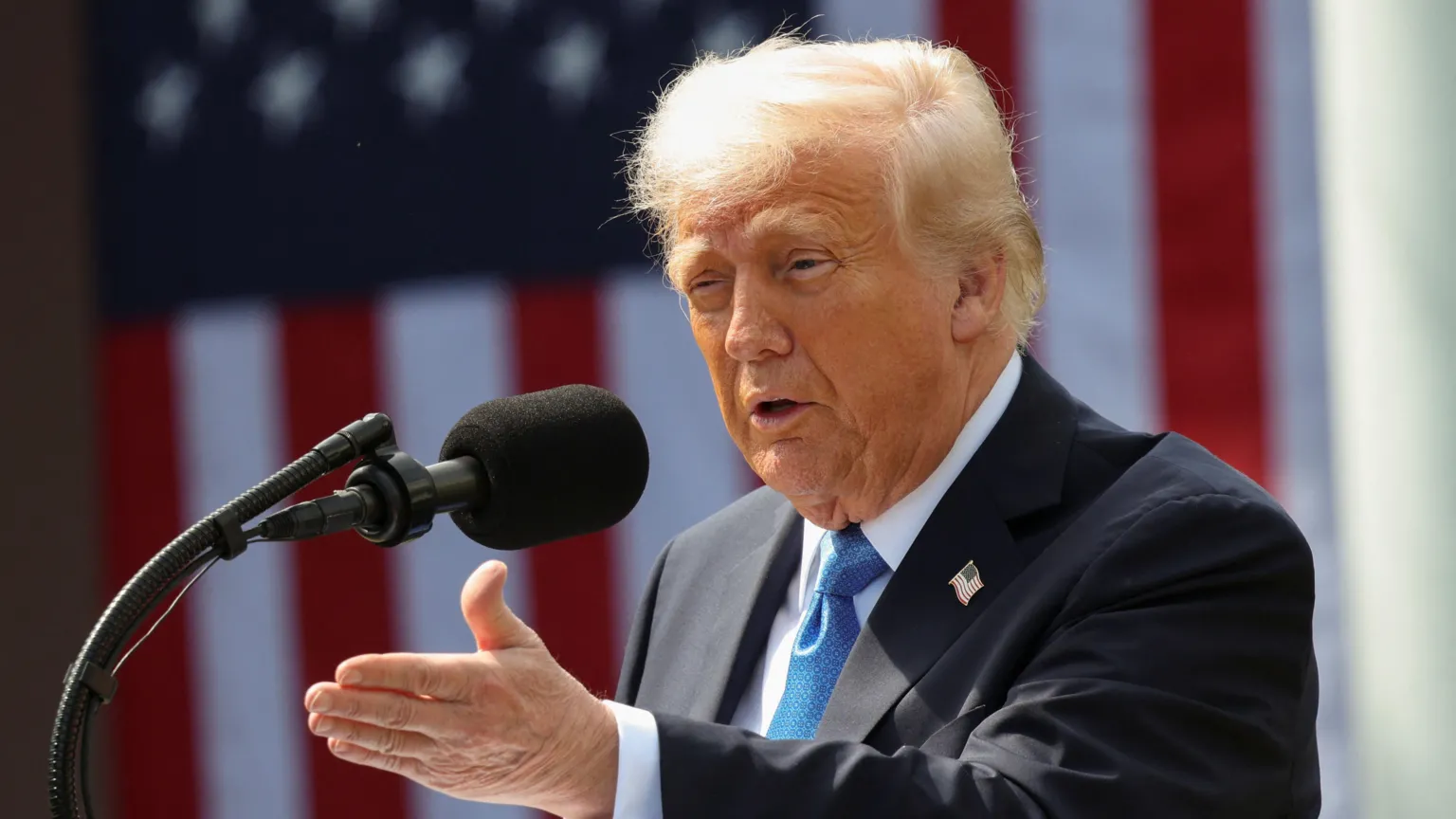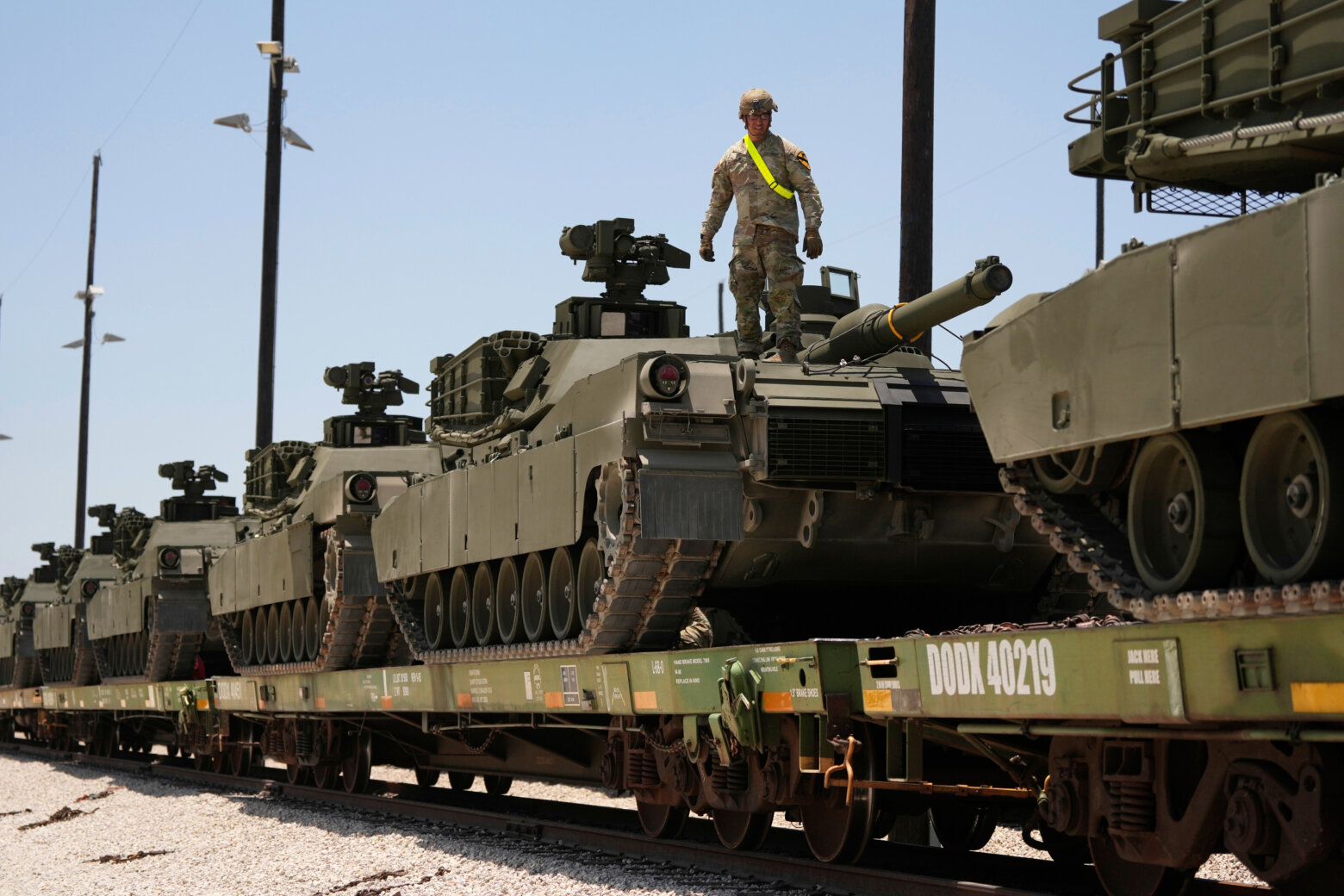Trump Orders Federal Intervention, Including National Guard, for LA Protests

President Donald Trump has ordered the deployment of National Guard troops to Los Angeles, California, to address days of violent unrest stemming from pro-immigrant protests. The president framed the action as a necessary step to “liberate” the city from what he described as an “invasion” by criminal migrants and to restore order amidst clashes between demonstrators and federal immigration agents.
In a series of statements, including posts on Truth Social, President Trump announced he had directed top federal officials, including Homeland Security Secretary Kristi Noem, Defense Secretary Pete Hegseth, and Attorney General Pam Bondi, to coordinate efforts to quell the unrest. Trump asserted that “violent, insurrectionist mobs are swarming and attacking our Federal Agents to try and stop our deportation operations,” adding that “these lawless riots only strengthen our resolve.” He vowed that “Order will be restored, the Illegals will be expelled, and Los Angeles will be set free.” The White House, through press secretary Karoline Leavitt, stated the deployment of 2,000 California National Guard troops, federalized under Title 10 status, was necessary due to the alleged failure of California authorities to protect federal immigration officials and citizens.
The protests erupted following multiple federal immigration raids conducted by Immigration and Customs Enforcement (ICE) in Los Angeles and the nearby cities of Paramount and Compton, which resulted in over 100 arrests. Demonstrators engaged in confrontations with federal agents, attempted to block Border Patrol vehicles, and reportedly threw rocks and debris. Tensions peaked as hundreds gathered outside the Metropolitan Detention Center in downtown Los Angeles, and protesters managed to shut down a section of the 101 freeway. In response to the escalating situation, federal agents deployed tear gas, pepper balls, flash-bang grenades, and smoke grenades. The Los Angeles Police Department (LAPD) also reportedly used “less lethal” munitions.
California Governor Gavin Newsom vehemently condemned the federal deployment, labeling it an unconstitutional and politically motivated “takeover” of the state’s National Guard. He formally demanded President Trump withdraw the order, arguing it was a “serious breach of state sovereignty” that inflamed tensions and diverted resources from where they were genuinely needed. Governor Newsom claimed, “We didn’t have a problem until Trump got involved.” Los Angeles Mayor Karen Bass also stated that the National Guard deployment was “not called for.”
Conversely, President Trump’s actions received support from several Republican figures and administration officials. House Speaker Mike Johnson blamed California’s Democratic leadership for the disorder. Senator Markwayne Mullin of Oklahoma accused Governor Newsom of “not enforcing the nation’s laws” and stated the president would act if local leaders failed to protect citizens. Senator Ron Johnson of Wisconsin viewed the troop deployment as a measure to “prevent violence.” Senator James Lankford of Oklahoma suggested Trump was attempting to “de-escalate all the tensions.” DHS Assistant Secretary Tricia McLaughlin defended the federal response, accusing local politicians of failing to uphold public safety and suggesting protesters should be thanking ICE officers. Domestic policy adviser Stephen Miller posted on X (formerly Twitter) that the choices were to “Deport the invaders, or surrender to insurrection.”
Critics, however, voiced grave concerns over the deployment. Senator Bernie Sanders described it as indicative of “a president moving this country rapidly into authoritarianism,” accusing Trump of not believing in the Constitution or the rule of law. Senator Amy Klobuchar of Minnesota expressed concern that Trump’s actions would inflame the situation and highlighted what she termed his willingness to “violate the law.” Common Defense, a veterans’ organization, called the militarized response a “dangerous escalation that undermines civil rights.”
The deployment has raised significant legal and constitutional questions, marking the first federal override of a state's National Guard since the civil rights era of the 1960s. While the troops were initially stationed at federal facilities, potentially to avoid direct infringement of the Posse Comitatus Act which restricts military involvement in domestic law enforcement, the situation remains contentious. The administration has not formally invoked the Insurrection Act, though rhetoric from figures like Stephen Miller has been seen as echoing its language. There are also concerns about the politicization of the military.
The situation carries the potential for further escalation. Defense Secretary Pete Hegseth warned that active-duty Marines could be deployed if violence continued. US Northern Command confirmed that approximately 500 U.S. Marines from Camp Pendleton were on “prepared to deploy” status. This warning has amplified concerns about Secretary Hegseth's perceived willingness to follow any presidential directive, contrasting with former Defense Secretary Mark Esper, who reportedly resisted suggestions to use military force against protesters. Hegseth's past responses during confirmation hearings regarding unconstitutional orders have resurfaced amidst these concerns.
Political analysts suggest the deployment serves multiple objectives for President Trump beyond the immediate situation in Los Angeles. It is seen as an effort to project a “tough-guy” image, deliver a warning to Democratic jurisdictions opposing his immigration policies, and potentially exploit perceived Democratic weaknesses on public order. The move is also interpreted by some as a way to militarize his crackdown on undocumented migrants, a campaign promise, and to imply a willingness to use military force against protest and dissent. Furthermore, the deployment could serve as a distraction from other political challenges facing the administration, such as a public feud with Elon Musk and uncertainties surrounding a major domestic spending bill. Immigration has historically been a reliable political focus for Trump, although a recent CBS poll indicated that while a majority approve of his immigration goals, 56% fault his approach. Sources also suggest the president might consider cutting federal funding to California.
The duration of the National Guard deployment in Los Angeles remains unclear. The events underscore deep national divisions over immigration policy, federal versus state authority, and the interpretation of constitutional limits on presidential power, creating a fraught and closely watched situation.













